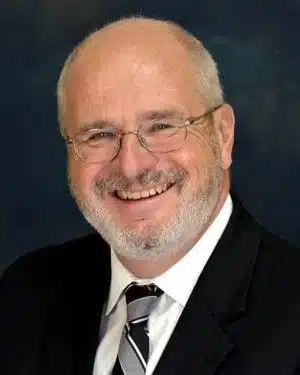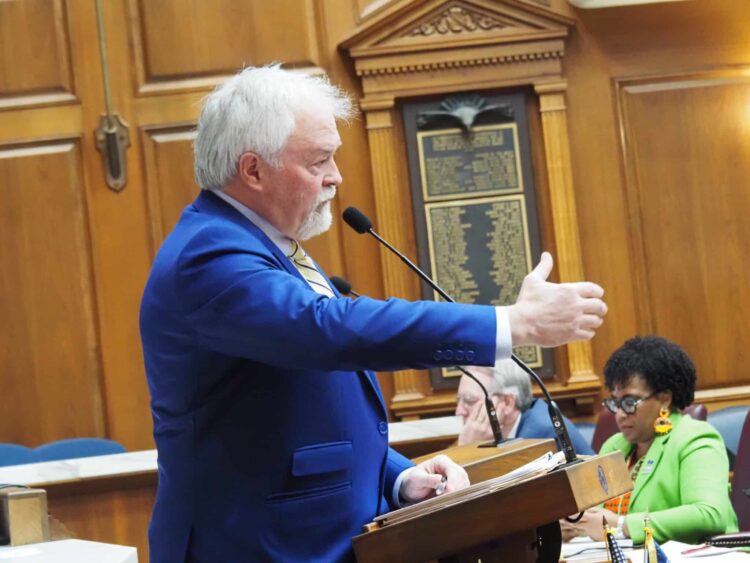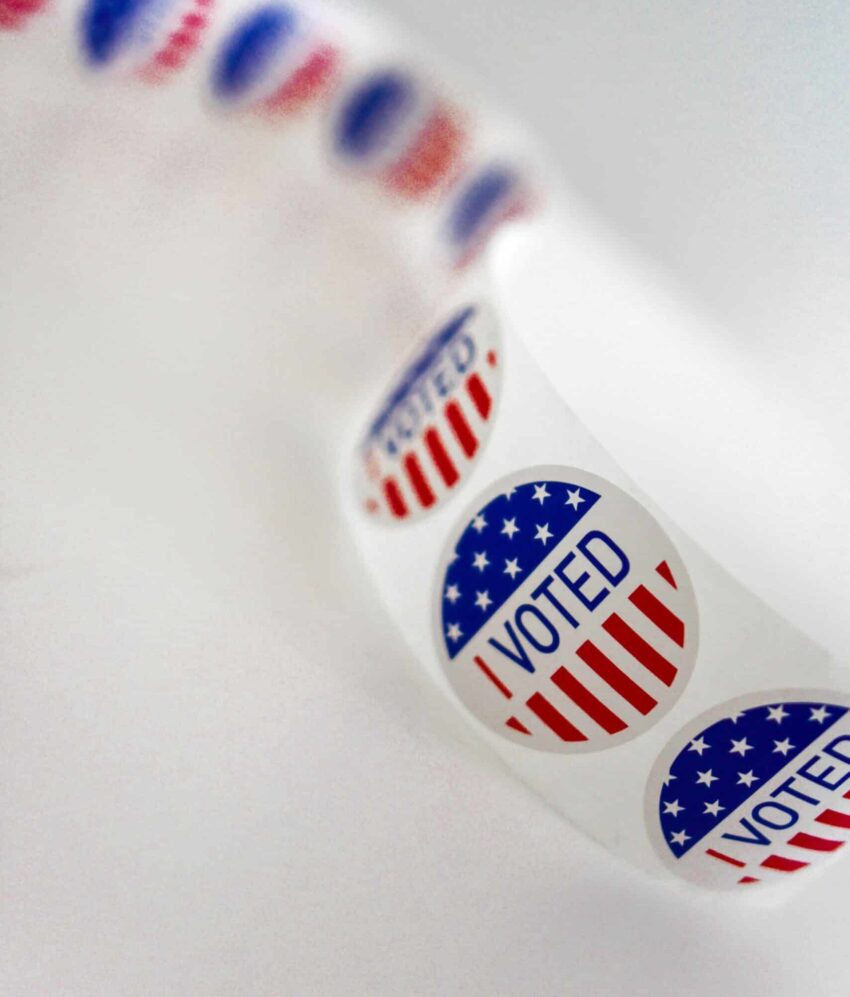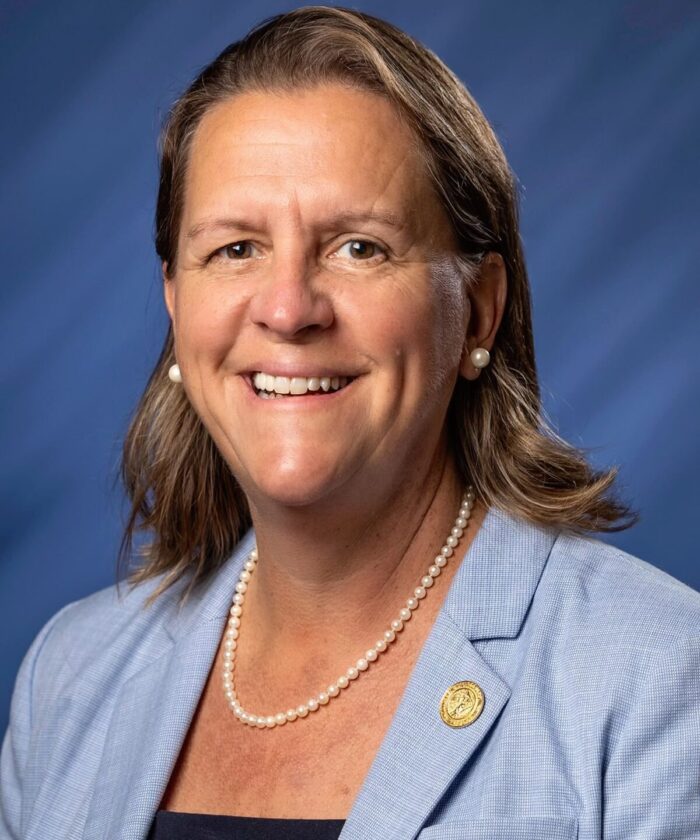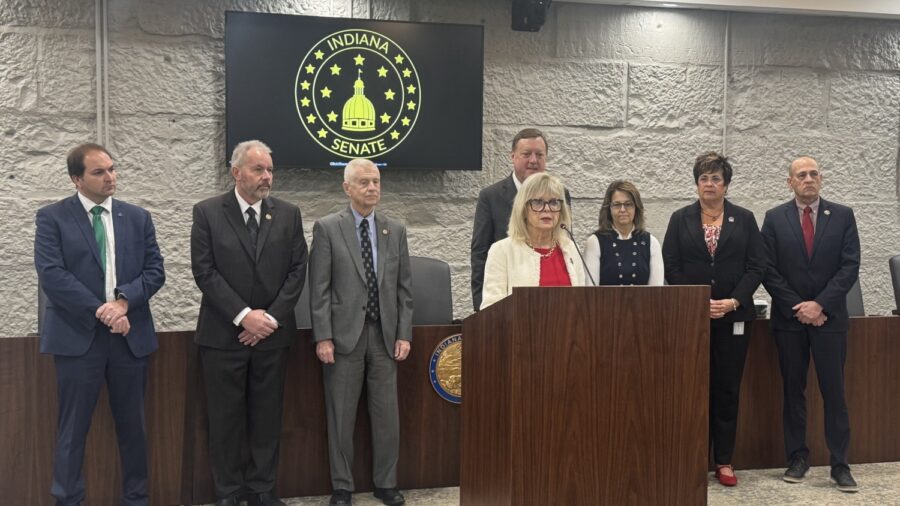This was 50 years ago, when I was a sophomore in high school. We just had settled into our seats when, for some reason that never became clear to me, the teacher asked how many of us believed in the death penalty.
Every hand in the classroom but mine shot up.
The teacher fixed his gaze on me.
“You don’t believe in the death penalty?” he asked, disbelief in his voice.
I said I didn’t.
My opposition then stemmed from a youthful religious faith. I just thought it was wrong.
Later, after I’d had ample opportunity to watch government at work, I came to believe that granting the state the authority to kill in cold blood was too much power to give to politicians and bureaucrats.
The teacher went to work trying to convince me of the error of my ways. He argued, correctly, that murder was a heinous offense against humanity.
I responded by saying that this was the reason we shouldn’t repeat the offense. I said that, by his reasoning, stealing would justify stealing. Every crime would be a rationalization for further crime.
At first, the teacher’s tone was gentle.
Gradually, though, his exasperation began to show. He started to raise his voice, and he enlisted other students in the class to argue with me.
Round and round we went for the full hour.
When the bell rang and we all headed to our next class, I wondered what had just happened. I took the consolation that at least it was over. Tomorrow we’d be back to contending with equations, not moral principles.
I was wrong.
At the start of class the next day, the teacher said that it was clear that they hadn’t persuaded me yet.
So, he said, they needed to give it another go.
His determination to make me submit strengthened my resolve. The continued debate had an effect—but not one the teacher liked.
As the hour ground its way toward an end, other students started to agree with me. That frustrated the math teacher.
But there wasn’t much he could do about it.
People’s minds are their own.
Even young people’s.
Class ended again. I readied myself for another day of debate if need be.
On the third day, though, math class became math class once more. The only calculations involved were numeric, not moral.
The teacher pretended those two days hadn’t happened.
I hadn’t thought about that incident from my school days for years, but the campaign by Indiana Attorney General Todd Rokita and other would-be conservatives who hoard imagined grievances as if they were gold brought the memory back. Rokita has been compiling lists of Indiana educators who do not automatically defer to his way of thinking.
He says he’s doing this to protect freedom of speech and thought. It’s his homage to the murdered conservative activist Charlie Kirk.
That’s nonsense.
He’s not protecting the free speech rights of the LGBTQ kid in a conservative community or the libertarian student who just wants to think for himself or herself.
The Rokitas of this world want to make it safe for people like them to express themselves.
And no one else.
In doing so, they sell their followers an illusion—the delusional notion that they can make it through school and life without ever encountering a person or an idea with which they disagree.
My math teacher long ago didn’t use the best judgment, but he did me no lasting harm.
If anything, he taught me an enduring lesson.
I don’t think my fellow students who started to agree with me a half-century ago did so because they bought my argument on its merits.
No, they respected the fact that I stood my ground in defense of my beliefs, even when I had to stand alone.
There’s strength in knowing a person can do that. It’s a strength people who never have their beliefs tested or challenged cannot know.
A half-century has passed since those two days in math class. Because I was at the center of it, I suspect I’m the only one who remembers the incident.
But the lesson endures.
A person’s conscience is her or his responsibility.
No one else’s.
Not the state’s.
Not a teacher’s.
And definitely not Todd Rokita’s.

